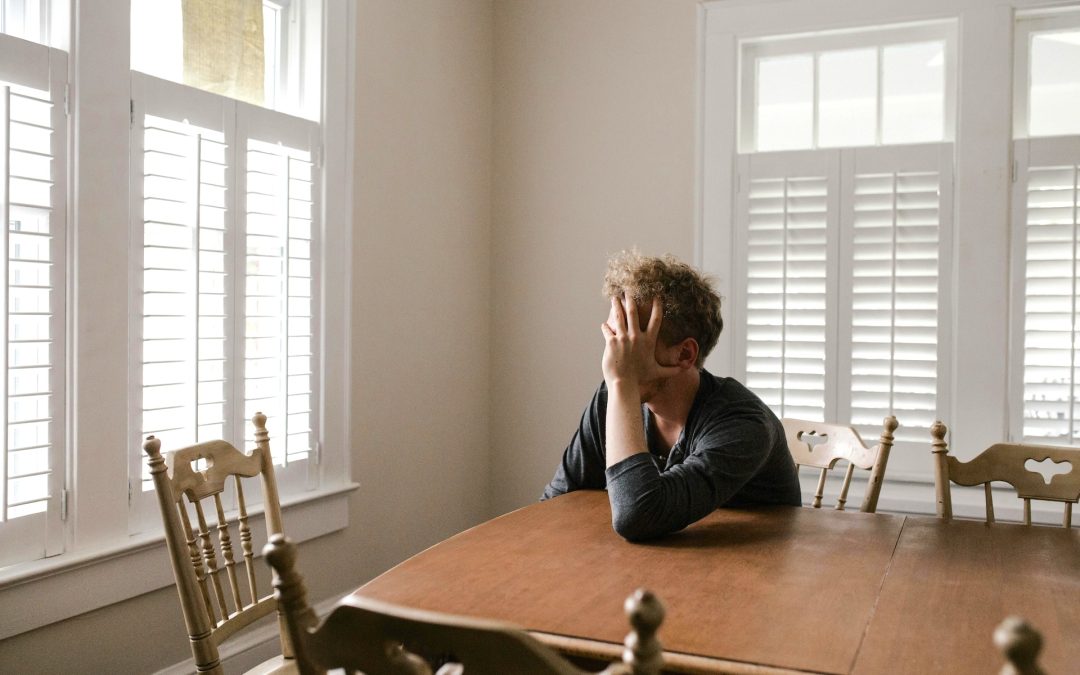Moving to a new country is thrilling — new sights, tastes, and opportunities await. But alongside the excitement, there’s often a period of adjustment that can be challenging, especially if you’re more introverted or moving far from friends and family. Feeling lonely, frustrated, or overwhelmed is completely normal.
Adapting to a new culture isn’t just about learning local customs — it’s about navigating your emotional response to change, building a support network, and finding practical ways to make your new country feel like home. Here’s a comprehensive guide to help you settle in smoothly.
1. Make Your Space Feel Like Home
Why it matters: Familiar surroundings give you comfort and stability during an otherwise disorienting time.
-
Decorate with items that remind you of home — photos, blankets, or small trinkets.
-
Focus on the spaces you spend the most time in: the kitchen for cooking enthusiasts, the living room for readers, etc.
-
Even simple touches like candles, plants, or a favourite mug can improve your mood.
Tip: For long-term wellbeing, create a small “comfort corner” that’s yours alone. Research shows that having a personal space boosts emotional resilience during major life transitions (Australian Psychological Society, 2023).
2. Learn About Your Local Environment
Practical adjustment: Familiarity reduces stress.
-
Identify nearby essentials: grocery stores, medical clinics, banks, and public transport.
-
Take daily or weekend walks to explore your neighbourhood.
-
Note interesting spots like coffee shops, libraries, or parks — even small routines can make you feel settled.
Tip: Keep a journal or map of your discoveries. Not only does this help you navigate, it also tracks your progress in adjusting to the new culture.
3. Embrace the Language (Even Small Efforts Help)
Even if English is spoken widely, local slang or accents can feel overwhelming.
-
Learn basic greetings and phrases if you’re in a non-English-speaking country.
-
Try language apps, local conversation classes, or community meet-ups.
-
Use mistakes as learning opportunities — locals often appreciate effort more than perfection.
4. Build Connections (Both Local and Expat)
Social integration is key:
-
Join clubs, sports teams, or classes that match your interests. Shared activities make meeting new people easier.
-
Volunteer — it’s a proven way to connect with locals while contributing to your community.
-
Connect with expat groups to share experiences, but don’t rely solely on them — mix local and expat networks for balanced integration.
Research: Studies show that forming new social networks significantly improves adjustment outcomes and mental wellbeing for expatriates (Journal of Cross-Cultural Psychology, 2022).
5. Approach Cultural Differences with Curiosity
Mindset matters:
-
Observe local customs and traditions with an open mind.
-
Ask questions politely; people generally like to share their culture.
-
Avoid constantly comparing to your home country — instead, identify positive differences you can enjoy.
6. Take Care of Your Mental and Physical Health
Major life changes can take a toll.
-
Routine exercise, sleep, and nutrition are stabilising forces.
-
Seek professional support if feelings of isolation or depression persist. Many countries have counselling services for expats or multilingual therapists.
-
Accept that adjustment takes time — for most people, cultural adaptation occurs gradually over 6–12 months.
7. Small Wins Build Confidence
-
Celebrate milestones: navigating your first grocery trip, making a new friend, or discovering a favourite café.
-
Document successes in a journal or photo album — seeing your progress reinforces your sense of belonging.
Adapting to a new culture is a two-fold journey: practical and emotional. By creating a comfortable environment, learning the local rhythms, building social connections, and taking care of your wellbeing, you can transform initial challenges into growth and adventure.
Remember: feeling uncertain or overwhelmed is normal. With time, patience, and deliberate effort, your new country will start feeling like home.

